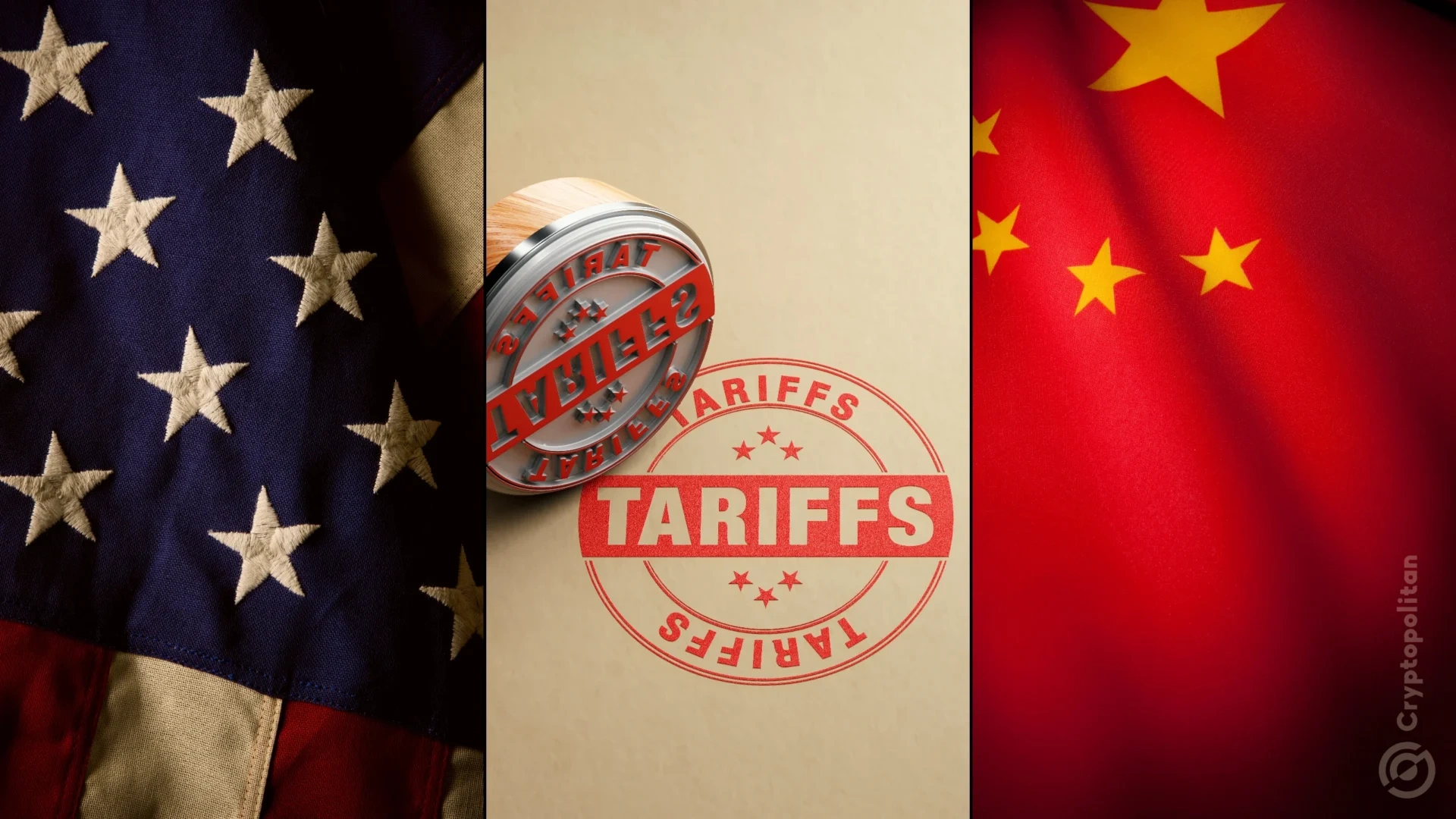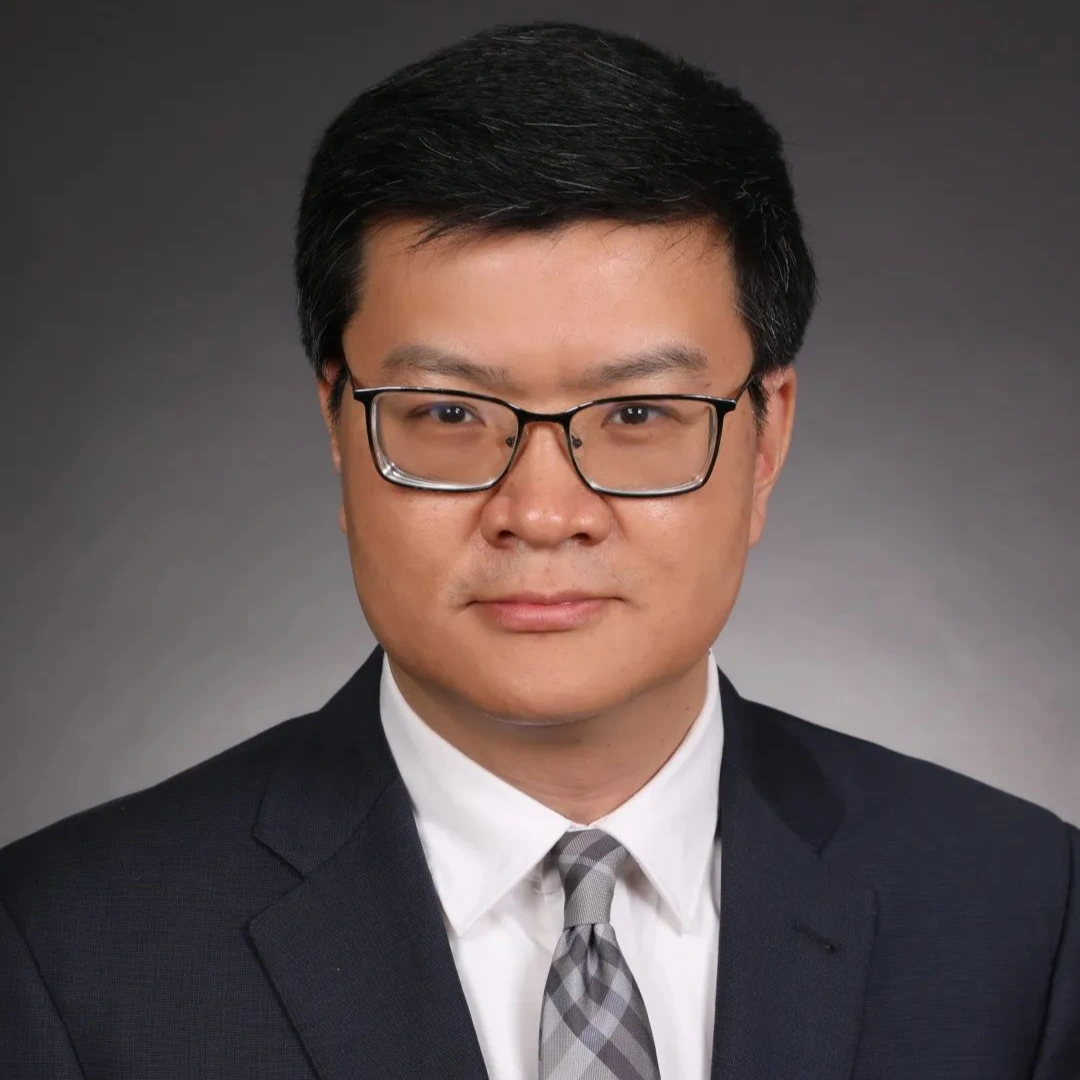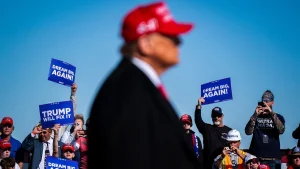Will Trump Align with Russia to Counter China?
Trump’s reelection would certainly take a great toll on U.S.-China relations, at least in the short term. For China, Trump’s ascent holds multiple implications. However, if we focus narrowly on short-term, direct U.S.-China bilateral relations, the impact would be quite negative.
Trump is very likely to implement high tariffs. He may also remove China’s most-favored-nation status, as he has mentioned many times. He might also impose restrictions on the economic and trade sectors, possibly limiting US investment.
Beyond the economic and trade sectors, he may also restrict cultural and educational exchanges, such as tightening visas for Chinese students. Additionally, some Americans continue to blame China for the Covid-19 pandemic. Trump himself still uses terms like the “China virus.” All of these would take a toll on U.S.-China relations.
In summary, I think he will take several actions. It may be difficult to pinpoint the timing of his actions in 2025, the shockwaves these actions will cause is foreseeable. Once he takes these actions, the Chinese government will surely respond. The intensity of the countermeasures may vary, but I expect a downward spiral of bilateral relations to be triggered as a result. Currently, China and the Biden administration maintain more than 20 dialogue mechanisms; by next year, these are likely to be terminated or at least reviewed.
I expect next year to see fewer formal communication channels between the two sides. The U.S.-China relations may enter a downward trajectory, and it could happen fairly quickly. Of course, you might ask whether it will stabilize after two years. For example, a 60% tariff is considered by many to be unsustainable for the country and harmful for U.S. consumers. I agree with that view, but the Trump administration will first need to come to this realization.
 Trump’s plan to impose a 60% tariff could severely affect American manufacturers.
Trump’s plan to impose a 60% tariff could severely affect American manufacturers.
If there is indeed an impact, because economists have different interpretations, if the impact is significant, it will still take some time for Trump to recognize it. Once he realizes it, he may then make adjustments, but it won’t be a short-term matter. So, what I mentioned earlier is my prediction for the next year, which I believe will be quite negative for US-China relations. It will be quite challenging.
I describe the relationship between the U.S. and its allies as a tangled ball of string-it’s complex. The Ukraine crisis is one of the loose threads being unraveled. This tangled ball won’t fully untangle because of the war, but it will be significantly affected. The war will affect how the Ukraine crisis will end, impact U.S.-Europe relations, and also the China-Europe relations. It could even influence US-Russia relations, and possibly China-Russia relations. In other words, a round of power reshuffling will emerge.
Of course, when I talk about a reshuffling, I don’t mean it will be complete. A complete reshuffling won’t happen—there won’t be a U.S.-Europe split, nor a close China-Europe tie. I always mention a range of 10–20% when discussing this issue. The U.S.-Europe relations could drift apart by 10–20%, under Trump and China-European relations could improve by 10–20%. It’s likely something along those lines.
Changes in major power relationships are always limited, whether for the better or worse. These changes are not qualitative. For the U.S.’s allies in Europe and the Asia-Pacific, the presence of Russia is a fundamental reality. Even if the Ukraine war were to stop, Russia would still be there. In the foreseeable future, European countries do not have the ability to counter Russia on their own. So, despite their strong dislike for Trump, they still have to rely on the U.S. for support.
The Asia-Pacific countries, such as Japan and South Korea, are in a similar situation. I can even say the same for ASEAN and Southeast Asian countries. Their mindset is the same because, for these countries, while China has no subjective intention to threaten them, they naturally worry about the presence of a large China. They feel the need for a major power to balance China. Southeast Asian countries are the most typical example. While China maintains friendly relations with many Southeast Asian countries, these countries still hope for the U.S. to balance China in this region. Not to mention Japan and South Korea, which are U.S. allies. So, I’m saying that while the relationship between the U.S. and its allies will loosen, this relationship will not completely collapse or transform due to structural factors. I believe that is highly unlikely.
In terms of major power relations, I believe that after Trump takes office, the world will move towards a more multipolar or diverse direction. That is, the U.S., Europe, Russia, India, and China, right?
It’s not in China’s interest to see the world arbitrarily divided into two camps. The current Biden administration is trying hard to divide the world into two camps: the so-called Western world versus the Eastern world, with China being placed into the Eastern camp. In reality, China’s position is quite complex, but the Biden administration intentionally simplifies it for its own agenda.
There are now various so-called “axis” narratives. Both in action and in rhetoric, Western countries are intentionally grouping China with Russia, North Korea, Iran, Syria, and others. This does not reflect reality, nor is it aligned with China’s policy, and it is not in China’s interest.
If you divide the world into these two blocs, China will be placed into that bloc, and China will be seen as the center of that bloc. Many in the US consider China the true leader of the other block, with Russia merely serving as its facade. This narrative and perception are not in China’s interest.
After Trump takes office, he will adjust the relationship between the US and its allies. Although I don’t believe the U.S. will end up isolated while everyone else joins the China side—that’s not going to happen, and I don’t expect it—it’s impossible. However, I hope that we can move away from the idea of two blocs and towards a more diversified world, where each country has its own interests and values. While the alignment between the US and Europe may still be stronger than that between China and Europe, I hope to see Europe with greater strategic autonomy.
I hope Europeans can see that China is not entirely their rival, and that China and Russia are not entirely aligned. I also hope that India can recognize that all countries are independent actors. I believe this perspective not only better aligns with the realities of international politics but is also beneficial to China’s interests.




Anonymous
希望作者不是披著洋皮的中國人